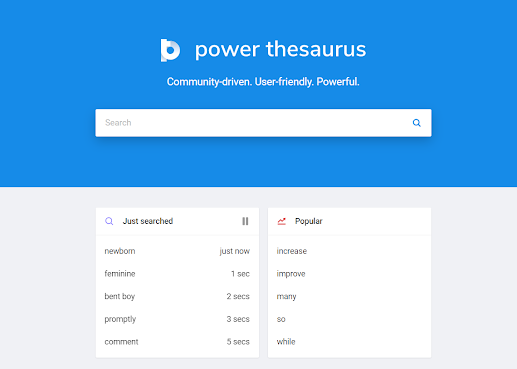11 Fun Ways to Start a Class
11 Fun Ways to Start a Class
1. Quick questions
Write a list of two or three questions on the board which introduce the theme of the lesson.
Ex. If you are going to talk about books, you could write: What’s your favorite book? What was the last book you read? What kind of books do you prefer?
Give the students 5-10 minutes to discuss the questions and then have students present back to the class.
2. Make the longest words
Write a word vertically down the board. For example, WINTER. In groups, students attempt to come up with the longest word that begins with each letter. Give teams a point per word and a bonus point for the longest.
Ex. Waterfall
Industrious
Nausea
Terrified
Empty
Retailer
3. What does your name mean?
Using a dictionary or any other resource, students find and write down an appropriate adjective that begins with each letter of their first name.
Ex. Happy Youthful Eager Soft Unique Kind
4. Mixed-up sentence
Write a sentence from the text on the board but mix up the word order, then challenge students to reconstruct the original sentence.
Ex. watched what oven took children I out of the my
5. Word ladders
In this activity, a word must be transformed step by step into a target word. To illustrate the idea, write the word run on the board and explain that the target word is fit. For each turn, only one letter can be changed. See if the class can find a valid sequence together. Some possible sequences are:
ex1. run fun fin fit
ex2. cat cot cog dog
ex3. head bead beat boat boot foot
ex4. gives lives likes lakes takes
Students will need access to a dictionary in order to check if their words are valid. If you want to find possible word pairs, there is a site with a handy word ladder generator. Put students in pairs and have them create their own word ladders to test their classmates with.
6. What’s the missing word?
Find a group of compound words or collocations which share a common word. For example, bedroom, bathroom, living room, classroom, showroom, etc. Give students one of the word/collocation parts, such as bed and have them guess the missing part, add to the list writing bath, living, class, etc., until they successfully guess the word. Here are some more examples:
Ex1. tea, soup, table, dessert (spoon)
Ex2. ear, boxing, diamond, finger, wedding (ring)
7. Two truths and a lie https://eslgames.com/lying-game/
Write three sentences about yourself. Two statements should be true and one false.
Ex. I’ve been to China. I can ride a bicycle. My favorite food is sushi.
Now invite students to discuss in pairs which statement they think is the lie. Ask each pair which statement they think is untrue and have them explain why. Reveal your answer, and ask students to come up with three sentences about themselves. Check students’ statements and then have them take it in turns to read them out to the class. In each case, the other students have to guess which is the untrue statement.
8. Word Association
Give an initial word, for example, banana and each student takes it in turns to say a word which they associate with the previous word. If the connection isn’t obvious, challenge the student to justify their choice.
Ex. banana – monkey – zoo – tourists – hotel – sleep …
9. Tell a story
This is another circle game. Going around the class students take it in turns to add three words to your story stem. You could start it off with relatively mundane stems such as Yesterday I went …, If I won … or something more imaginative like, the rocket landed …, Princess Jasmine kissed … Write the story on the board and elicit corrections as you go along.
10. Three things in common
This is a great icebreaker, but you can also use it as a lead-in to a theme or to test your students’ knowledge of a grammar point. Simply ask students to work in pairs and find three things that they have in common and then report back to the class. You can narrow the topic down to areas like three things we both did at the weekend, three foods we both like, three things we both don’t like about this city, three things neither of us has done yet but would like to, etc.
11. Ted-Ed



댓글
댓글 쓰기